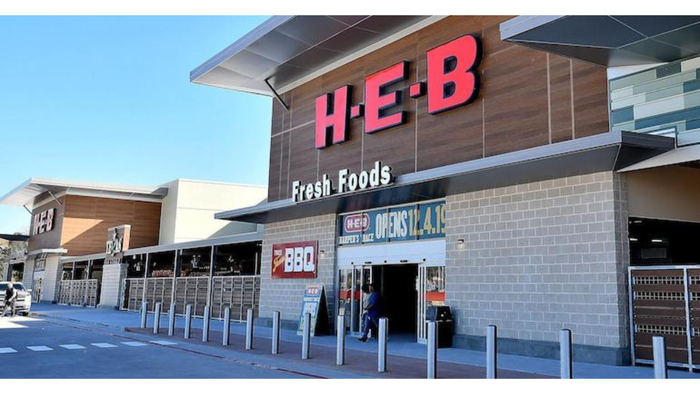Sounding Board: The never-ending story
January 1, 2018
With social networks, blogs and websites, customers are continually evaluating their shopping experiences. Retailers should do the same. By Len Lewis Are you offering a great customer experience or are are you just deluding yourself into thinking you are? It is a harsh question and frankly bordering on the obnoxious. But the reality is that today’s customers are not the same ones as you had 10 years ago or even two years ago. I know you have heard this ad nauseam. But it seems worth repeating since some out there still think that a fresh coat of paint, the lowest priced tomato sauce or new smocks for checkers, in and of themselves, are magical customer magnets. To some extent, the customer experience consists of all these things. But as customers evolve, the key is to decide what you really want to stand for and not get caught up in a retail schizophrenia that has a lot of retailers running around like chickens without their heads trying to figure out what their brand identity should be this week. The entire theme of evolution, or “re:evolution,” was the central theme of last month’s Strategic Conference held by the California Grocers Association in Las Vegas. I had the opportunity to talk to a number of the speakers at this event and other industry sources on the whole customer experience issue before the meeting. I would like to tell you that it all boiled down to two words like “pay attention,” “communicate,” “be yourself” or something equally as pithy. But it seems that the key is really a little bit of everything—a holistic approach to the customer experience that begins when they pull into the parking lot and ends long after they leave. In point of fact, technologies such as social networks and interactive websites mean that the customer experience never really ends. It has made retailing and the customer experience a 24/7 consideration. Nonetheless, this is still a business that begins and ends with people. No one knows that better than Jim Donald, who many of you know as former CEO of Starbucks and Pathmark and more recently Haggen’s in Bellingham, Wash. I spoke with Jim before CGA about Haggen’s, which he says was a chain that lost its way. But instead of spending money they did not have to get the business back, he took a page from his own history and started talking to employees first and then put in new service programs to get the business back on track. One piece of advice for all retailers, especially independents, is that firms with financial issues may be in the best position to change. “When you don’t have money to spend you resort to tactics that are more people driven,” Donald says. “This gives you an advantage over competitors who don’t have to. Too many people try to spend their way to prosperity and that’s not necessarily the thing to do.” But this kind of approach means empowering employees and even management and not punishing them if they make a mistake. “I learned that a long time ago from Sam Walton,” he says. “I never doubt the value of having people who feel confident enough to take chances. But if there’s one thing that came up in all my conversations it is the danger of becoming over-reliant on price—even in a troubled economy.” Creating a hyperawareness of price is not a lasting customer experience. And if all you play is the price game, you are setting customer expectations in stone that that is the only way they will ever see you. If you try to evolve out of it into higher margin products you get hoisted on your own petard, so to speak. Overall, the only way to succeed is to be customer focused, not customer driven. The latter is when you ask customers what they want and you jerk your knee accordingly. Being customer focused is knowing what they value and coming up with innovative ideas before they think of it.Two great examples this were mentioned by Shaun Smith of Smith & Co., a London-based consultant who has worked with some iconic names in retailing worldwide. “Henry Ford once said that if you ask people what they want, they’d tell you they want a faster horse,” Smith says. “Apple is another company that does not spend a lot of time listening to customers. They tell customers what they want before they even know they want it.” Who knew we needed an iPhone or iPad? Len Lewis, a regular Grocery Headquarters columnist, is a veteran industry journalist, commentator and editorial director of Lewis Communications, Inc. He is the author of The Trader Joe’s Adventure—Turning a Unique Approach to Business into a Retail and Cultural Phenomenon. He can be reached at [email protected] or at www.lenlewiscommunications.com.
About the Author
You May Also Like



.png?width=700&auto=webp&quality=80&disable=upscale)
